WITH A MANDATE TO FINANCE, DEVELOP AND MAINTAIN THE NATIONAL ROAD NETWORK OF OVER 22 000 KM, SANRAL LEADS THE WAY ON INFRASTRUCTURE DEVELOPMENT IN A POST-COVID SOUTH AFRICA.

Innovation is at the forefront of SANRAL’s agenda in the infrastructure development space. In recent years the Agency has increasingly embraced technological advances and innovation opportunities throughout the organisation.
In its commitment to the development of South Africa’s knowledge economy, SANRAL has rooted innovation firmly in its operating model through business streams that drive innovation and technology, such as the Technical Innovation Hub (TIH) and intelligent transport systems (ITS), as well as through many other streams where critical thinking, process improvement and a push towards best practice are prioritised.
From traffic systems that save lives to improved public transport and environmentally responsible construction, SANRAL has prioritised innovation for safer, smarter and greener roads.
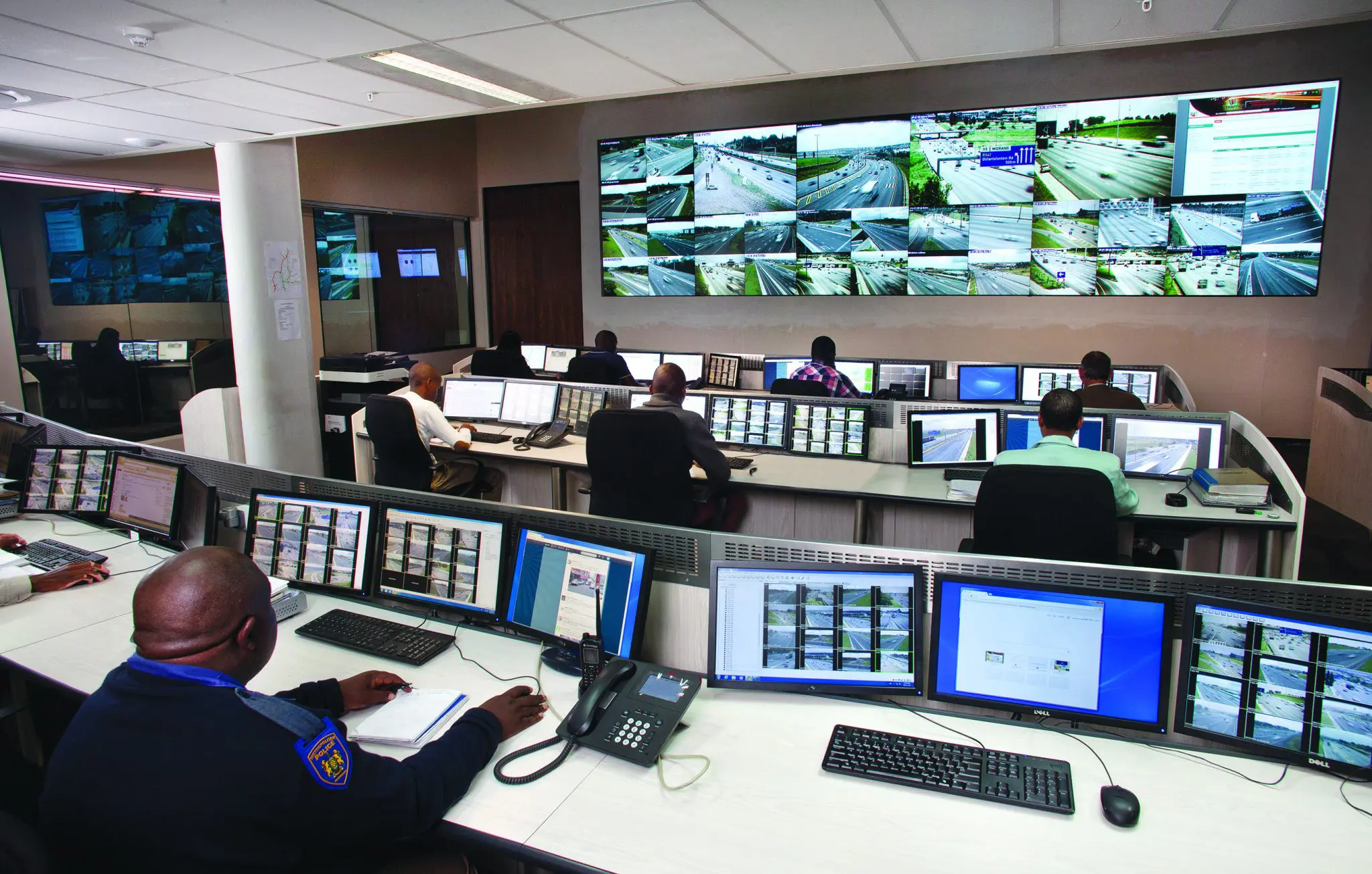
Safer Roads
THE ‘SAFE SYSTEM’ APPROACH
SANRAL has always strived to be progressive in identifying and implementing road safety solutions. This includes embracing the ‘Safe System’ approach to providing a secure and forgiving road environment that caters for the needs of all road users, including the most vulnerable.
The Safe System approach to eliminating deaths and serious injuries on the road has been adopted by road agencies around the world. It is guided by the principle that everyone – including planners, engineers, law enforcement and road users – share responsibility for creating a safer road environment.
THE FREEWAY MANAGEMENT SYSTEM
SANRAL’s innovative Freeway Management System (FMS) allows for real-time monitoring and management of the road network. Using intelligent transport systems (ITS) technologies, it relays information on the flow of traffic, which is then displayed on variable message signs and sent to various radio stations for broadcast to the public and online platforms.
This integrated system also allows for effective engagement with road users in a bid to respond to an array of incidents that occur on busy freeways across the country. Over the past five years, the FMS has improved incident management, reduced congestion and increased road safety.
TECHNICAL INNOVATION HUB
One major innovation highlight for SANRAL in recent years was the launch of its Technical Innovation Hub (TIH). The TIH is not a physical space, but rather a think tank of young intellectuals mentored by senior professional engineers.
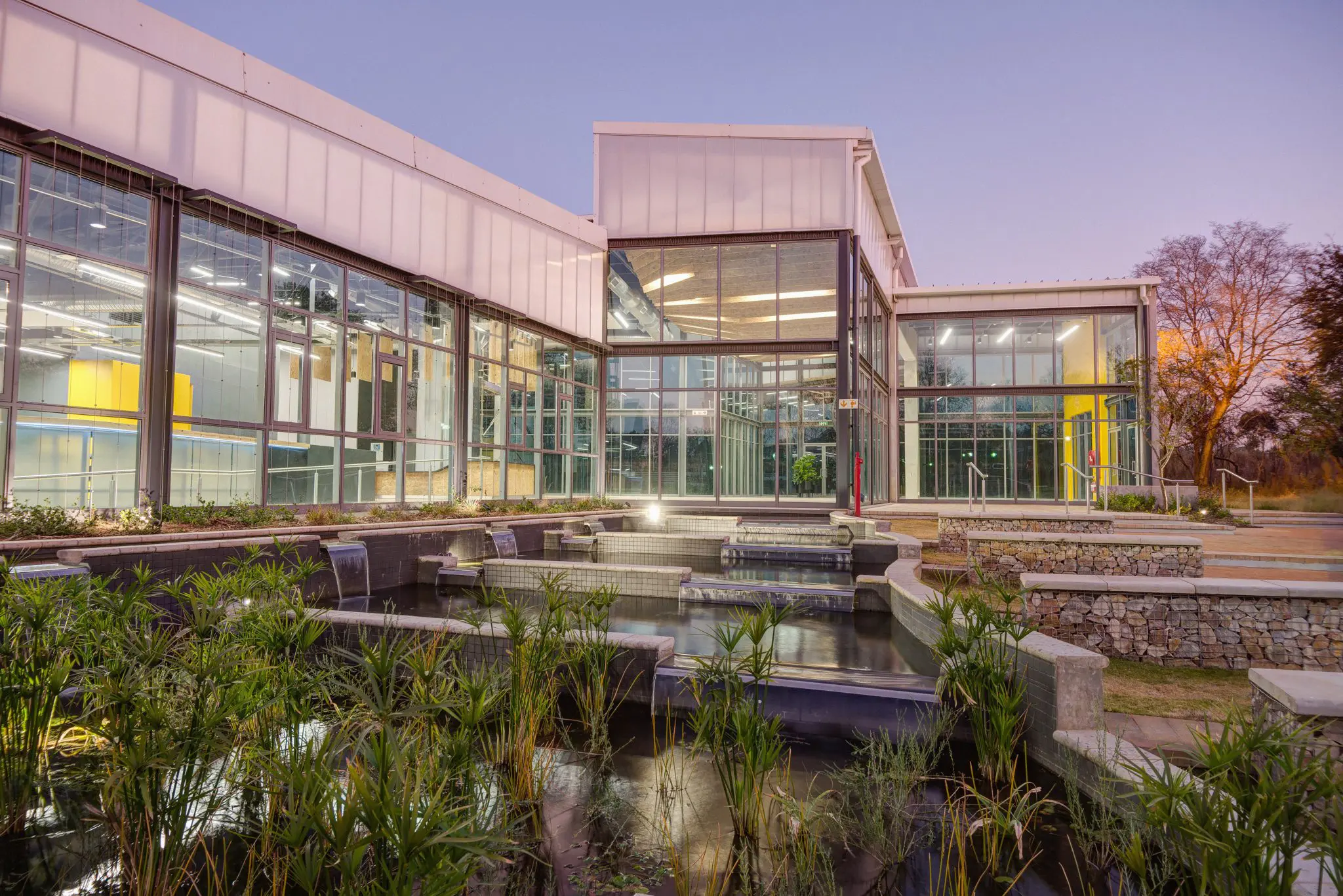
When the TIH was first introduced to industry in early 2019, the team showcased some of the innovation-focused pilot projects that were then in the development phase, including the use of a robotic flagger at road construction sites, intelligent road studs to provide additional guidance to the road user and the planned use of 3D road markings.
Over the years, these projects have evolved to also include:
• Video analytics for vehicle inspection and pedestrian detection
• Drones for engineering applications
• Floating car data
• Road sensors
• Electrical and automated vehicles
• Alternative materials, i.e., nanotechnologies
• Augmented/virtual reality
SANRAL is at the forefront of harnessing technology and machine learning to improve road safety, reduce congestion and promote progressive development in road transport and infrastructure.
ENGINEERING 4.0
November 2020 marked an innovation highlight for SANRAL with the launch of the state-of-the-art Engineering 4.0 facility, a collaboration between the Agency, the Council for Scientific and Industrial Research (CSIR), York Timbers and the University of Pretoria (UP), where the facility is housed in the Faculty of Engineering, Built Environment and Information Technology (EBIT).
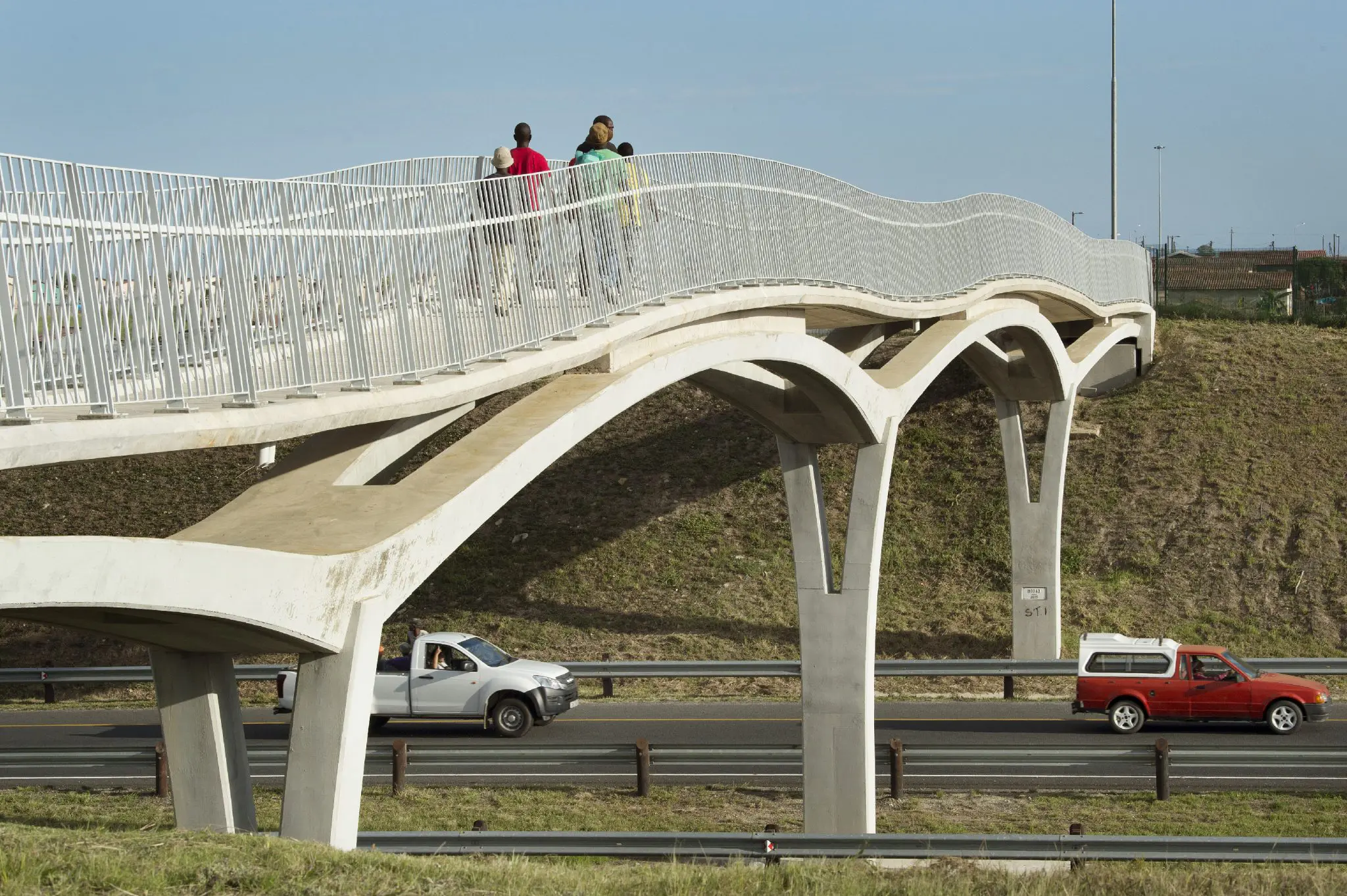
Engineering 4.0 features
• The SANRAL National Certification Laboratory, which will ensure the independent certification of all material testers responsible for quality control testing on road construction sites
• The SANRAL National Reference Laboratory, which will ensure the independent certification of conformality to ISO test standards of all local road laboratories responsible for testing road construction materials
• A training laboratory to train and certify road materials technicians employed by various testing laboratories
• A concrete laboratory consisting of preparation areas, curing and humidity rooms, and a test floor for various concrete and structural testing
• The accelerated pavement testing (APT) track for the construction of different pavement structures and their accelerated evaluation using a mobile APT device
Engineering 4.0 optimises current facilities and staff available at the UP, SANRAL and CSIR through a managed partnership and unified effort to train engineers, technologists, technicians and materials testers for the transport engineering sector. This will deliver skilled professionals that have been exposed to the latest technologies and methods, who will be taken up in government, roads agencies and industry in South Africa and beyond.
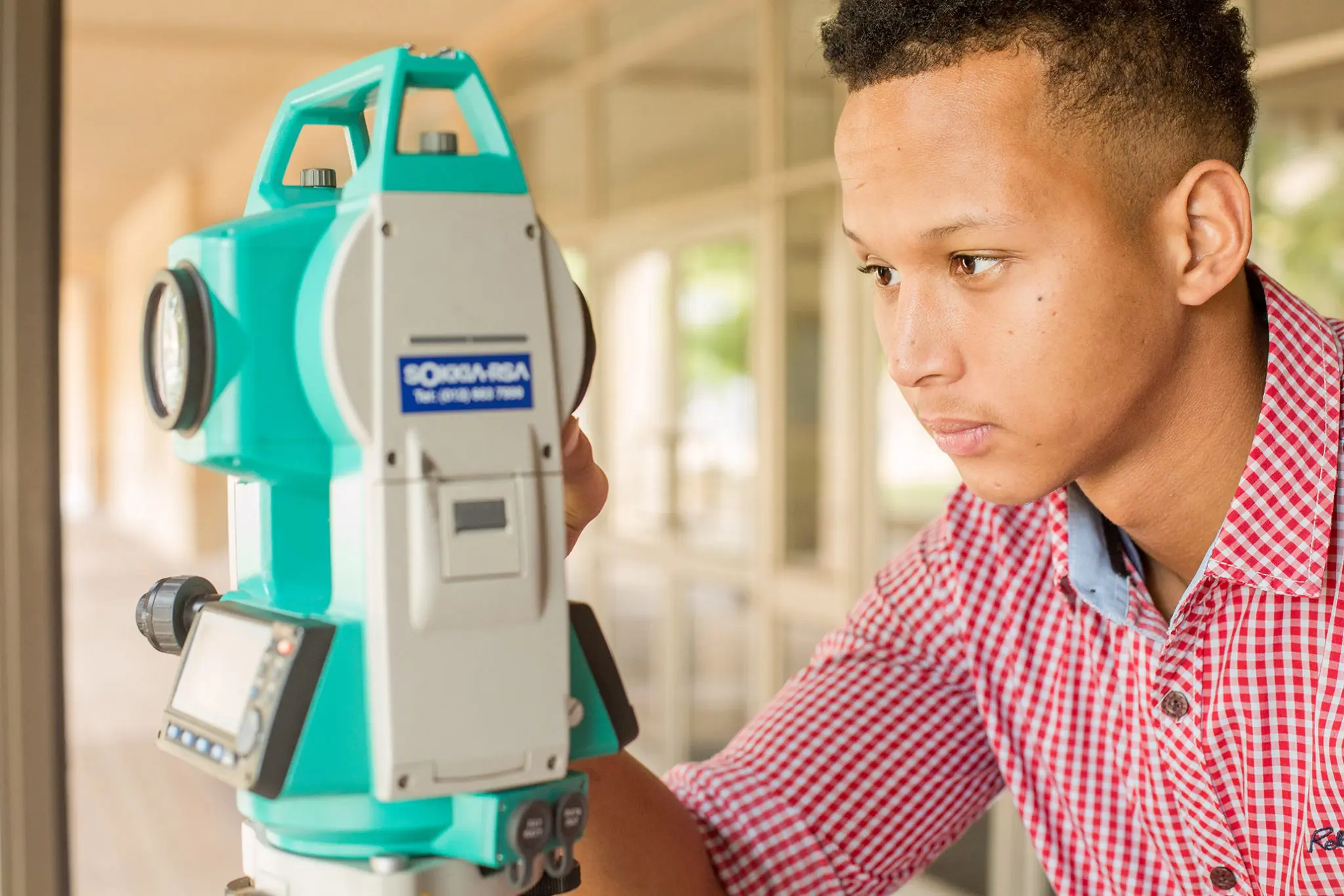
Engineering 4.0 benefits
• Increased availability of technical skills in transportation engineering
• Improved skills among transportation engineers, technologists and technicians
• Cost savings due to improvements in design, construction, maintenance and management of transportation infrastructure
• Better transportation infrastructure due to improved quality control and the associated reduction in user operating costs
• Lower environmental impact from transport infrastructure construction and maintenance
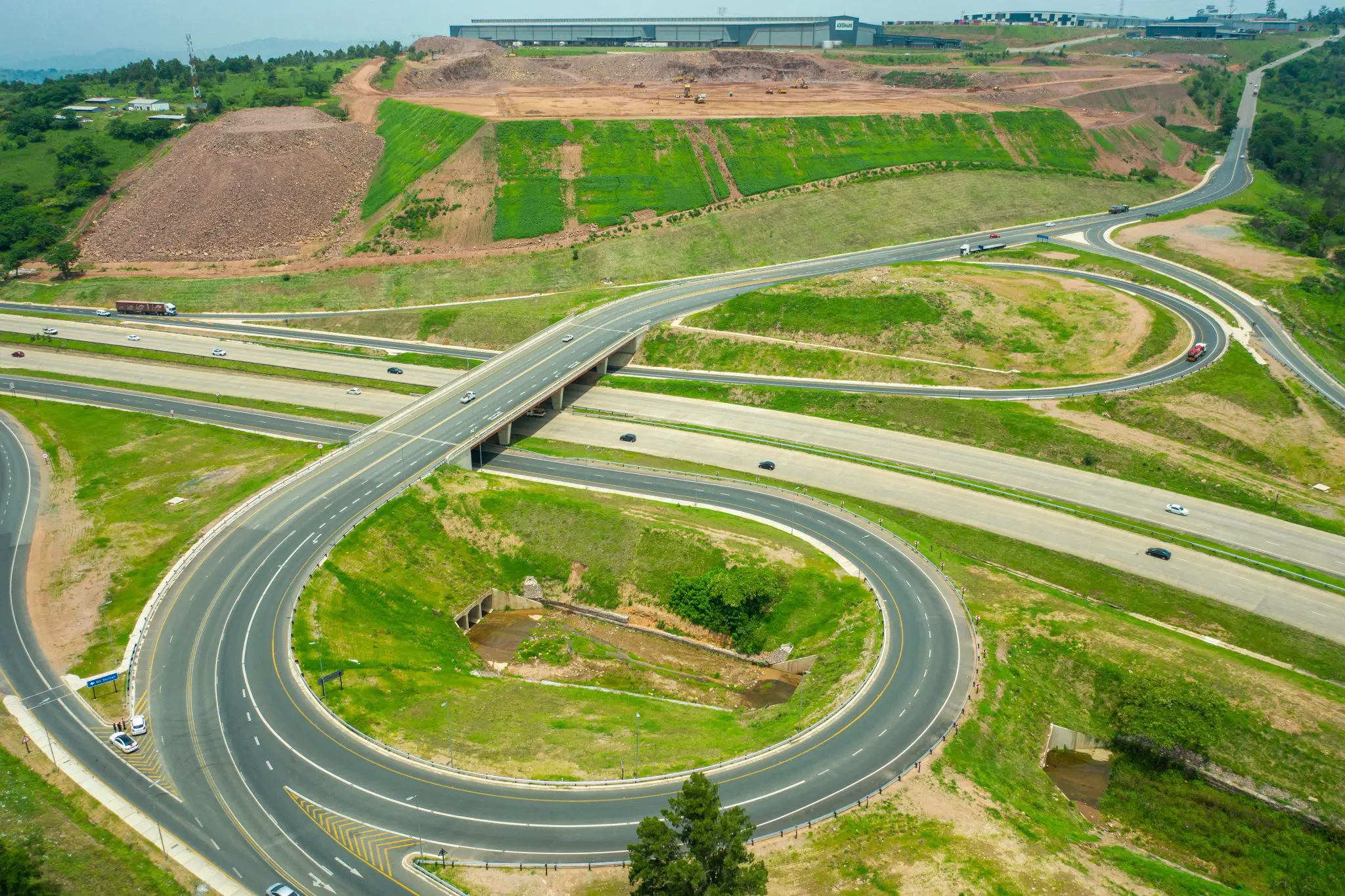
CASHLESS COMMUTING
SANRAL has developed and successfully tested an innovative ticketing system to enable commuters to use a smartcard to pay for different modes of transport, eliminating the need for multiple cards, paper-based ticketing or paying cash for journeys.
SANRAL’s contactless, cashless account-based ticketing (ABT) system will mean tapping just one smartcard to pay for all transport costs – whether travelling by taxi, train, or bus. Once the new technology is launched, commuters will be able to avoid long queues and manage their travel costs more efficiently. Operators can look forward to cost savings, as well as improved reliability and security for their businesses.
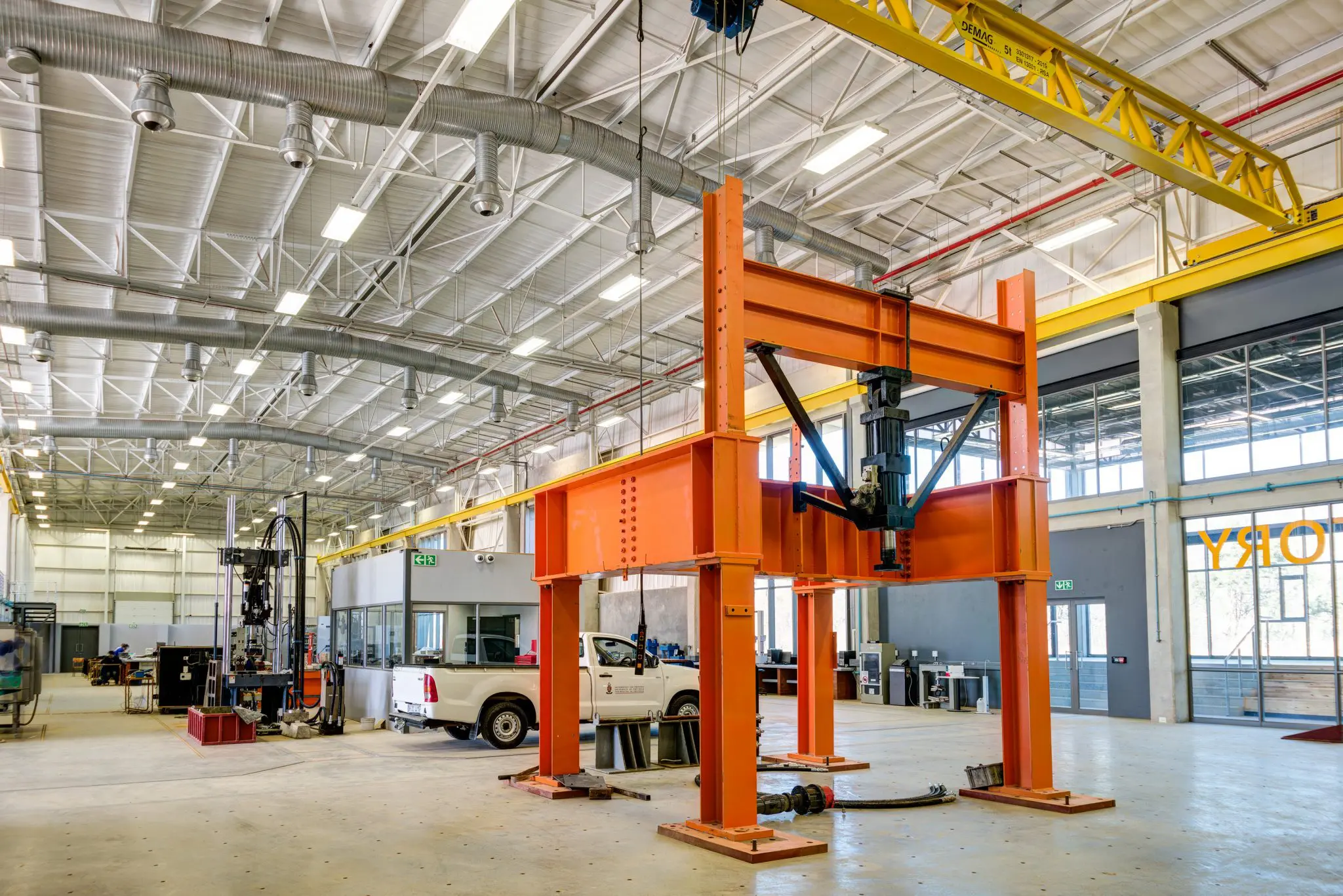
SuRF-ing TO GREENER ROADS
SANRAL, together with its stakeholders, is planning to adopt a rating system for road projects that promotes the use of sustainable best practices in the planning, design and construction of roads.
A first for South Africa, the Sustainable Roads Forum (SuRF) rating tool allows road authorities to set sustainability intervention targets for their projects and to start measuring and reporting them in a clear and transparent manner. SuRF provides a list of design and construction interventions, guidance for implementation and a unified method of reporting. It also introduces the concept of a carbon footprint and attempts to start quantifying the reduction in the carbon footprint resulting from interventions.
Uniquely, the tool also focuses on the socioeconomic impact of road projects in the context of South Africa’s inequality, unemployment challenges, skills development and history of restricted movement. The SuRF tool has been piloted on the N3 corridor upgrade between Durban and Pietermaritzburg in KwaZulu-Natal. It allows road authorities to set targets for relevant credits they wish to apply to specific projects for use by their service providers. These are then used for progress reporting purposes and final scoring on completion of the project phases.














